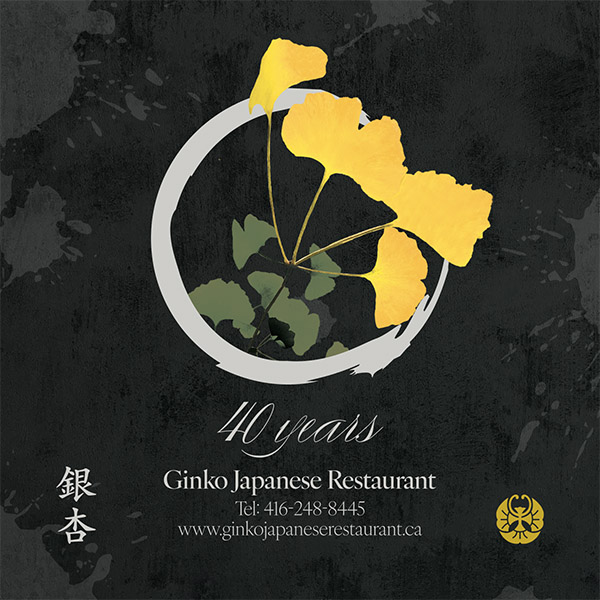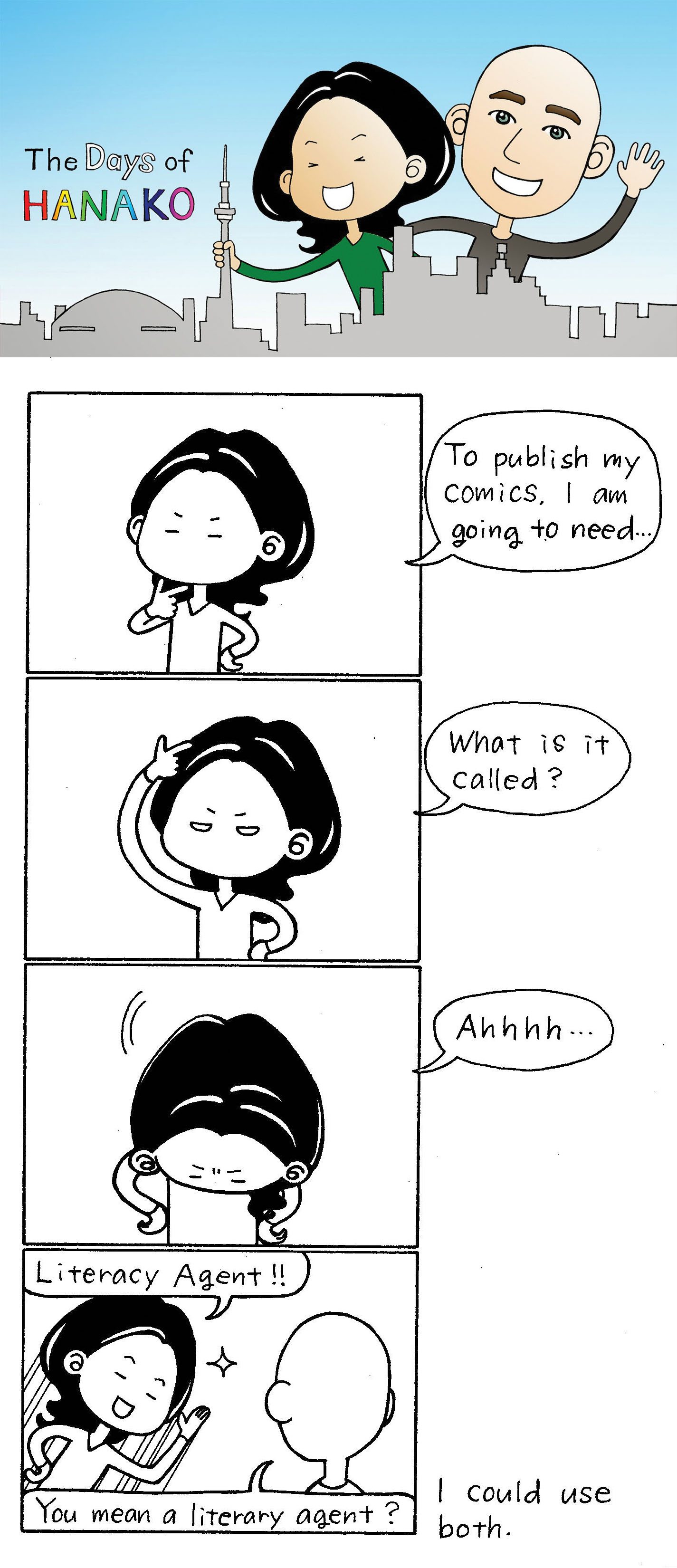Shunji Katsumata, 30, looks into the camera with a sincere expression. “I want to spread the idea that taking care of our things is something we can all do, and for me that means building quality bikes for my customers,” he says over Skype.
Katsumata is the CEO of Cocci Pedale, a small bike workshop he owns and that’s based in Hadano, Japan. Katsumata began designing bikes when he worked as a barber in Tokyo almost six years ago.
He loved to tour around the city on weekends and says building his own bikes was a natural evolution for his passion, which he now shares with many of his customers.
“Through looking at parts, I felt like I had so many choices,” he tells Nikkei Voice from his workshop in Japan. “Doing trial and error and setting up my own bike gave me a sense of fulfillment when I finally finished building.”
“And when I rode on it for the first time… it was an unforgettable feeling.”
There seemed to be no obstacles to becoming an expert DIY bike builder; however, his mind was still set on creating his own barbershop in Tokyo. However, starting your own barbershop in Tokyo is tough for a small business owner without a lot of experience.
So Katsumata picked up his things and went to Shanghai. The question is why he chose to venture outside of Japan and into the veritable unknown without knowing a word of Mandarin or Cantonese.
“I wanted to enjoy Shanghai’s economic bubble because our generation wasn’t able to in Japan,” Katsumata says with a smile.
When he arrived, Katsumata quickly set himself up as a barber and started to save money. His plan was to make enough to set up his own shop, but he found his other skills constantly being put to use.
From the beginning of his stay in Shanghai, he built custom-made bikes in his spare time and for fun. One day, a customer asked him about his bike building and asked if he’d take a commission. Katsumata agreed.
A year and a half passed, and he found himself living comfortably as word of his bike making also started to spread and in only half way through the year he had made 35 bikes.
There was an air of destiny around this hobby turned into a vocation.
Time passed and his life in Shanghai was coming to a close. Eiji Takimoto, now an executive at Coccie Pedale and a former customer, persuaded him to start a bike workshop in Japan.
He was at a loss whether to take the suggestion or not, but with a big move ahead of him and a relationship of 6 years abruptly ending he made the leap.
“The most important part was the marketing,” Katsumata tells Nikkei Voice. “Who is the target audience for our bikes? What are the best types of bikes for us to build? How are bikes distributed around Japan? We did a lot of research and ended up finding a solid customer base through our marketing system,” he says.
The idea behind his system was to let users design their bikes from beginning to end.
The Cocci Pedale bike is designed with simple and classical metallic form that uses colour to its maximum potential. Cocci’s design was inspired by well-known Italian bike maker Cinelli, which makes bikes with elegant designs and little waste.

A Cocci Pedale bike, pictured above, and a Cinelli urban bike, pictured below. Photos courtesy: Cocci Pedale / Cinelli USA
A user who visits Cocci Pedale’s website, first of all, can choose four handle options including a drop, bull horn, wide up, or normal design and then start to work with other parts in various colours.
Sometimes users feel like the website is a bit of a game. Some say it’s just fun to go in and design their own bikes while others say the sheer amount of parts can be a little overwhelming.
And with the weak yen, Katsumata hopes to open his new system of making bikes to bicycling nations like Germany.
Most of all, Katsumata wants to change the way people think about mass production and mass consumption around the world.
He can build a bike and make it last for a life time while many other bike brands make in factories will often fall apart.
He hopes showing consumers the quality of man-made products can change the global standard of products. He wants to make people think more about ecology and ways of using our limited resources responsibly.
But until Cocci Pedale becomes International, he wanted to leave some inspirational words with readers.
“We must stand up and challenge the world,” he says. “There may be obstacles, but the most important thing is to believe strongly in what you’re doing.”







 22 Jan 2015
22 Jan 2015
 Posted by Jun Kobayashi
Posted by Jun Kobayashi 











